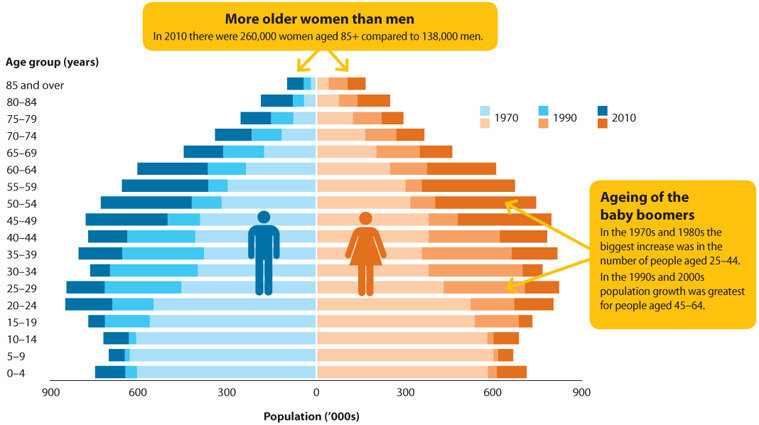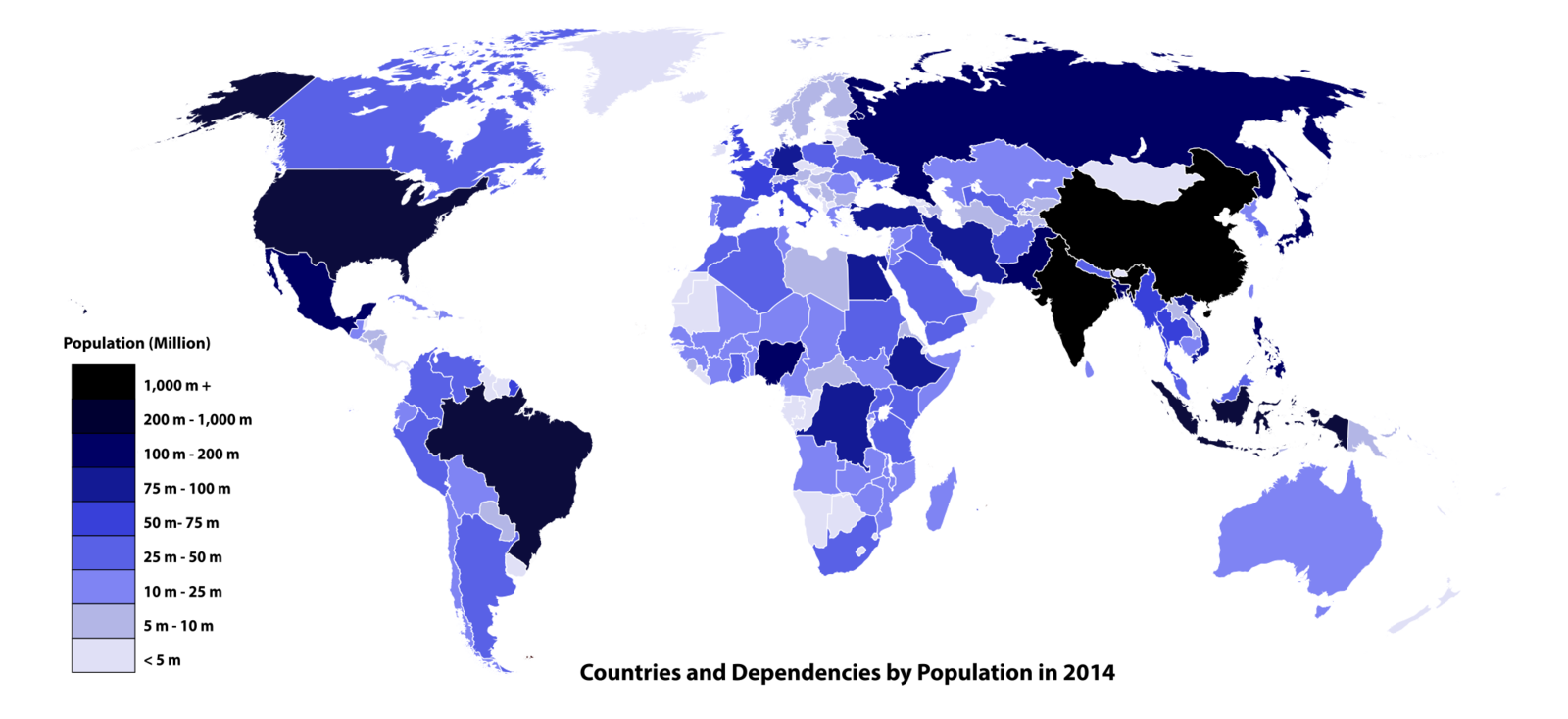World Population Growth
- 1999-6 Billion people
- avg birth rate in developed countries: 12-13 per 1000
- avg birth rate in developing countries: 26-27 per 1000
- Birth rates in all European countries are low because there is
- family planning
- women wanting to pursue careers and being better educated
- 1/2 is normal socially accepted family size
- children cost money and do not contribute to income until, if at all, they reach adulthood
- Middle East+Africa = birth rates well over 40 per 1000, because:
- little family planning
- women with little education and they marry young
- 5+ children in a family is considered normal
- economically children work to supplement family income
- some governments and religions do not support or approve of birth control
Death Rates
- death rates are similar in developing and developed: 9-10
- since 1950's, death rates fell due to medical knowledge
- War town countries and diseased countries have higher rates such as Sierra Leone
- HIV/AIDS also contributes
- Botswana and Zimbabwe death rates rising
Natural Increase
- birth rates higher than death rates = population increase
- Angola - birth rate is 52.3, death rate is 21.1. Increase of 31.2 per 1000, meaning the natural increase is 3.1%
Population structure
- make up of country by age and sex
- poor countries: fairly distributed by age
Population structure
- young + old = dependent on government
- Working + independent = pays taxes and contributes
Young and Ageing Populations
- pakistan = young population/fertility rate -5
- germany = ageing population/fertility rate - 1.3
- In order to maintain population size, fertility rate of 2.1 is needed
- Europe has lowest rates, with 13 countries below 1.3
- Life expectancy is high to, making for an ageing population
- Also lower infant mortality rates = increased young population


